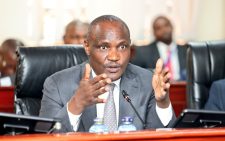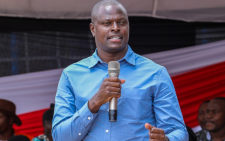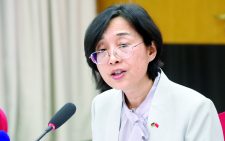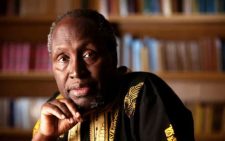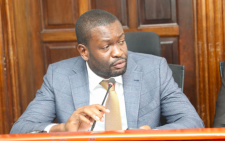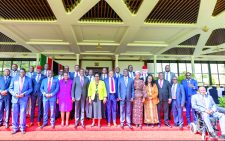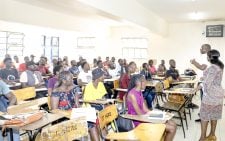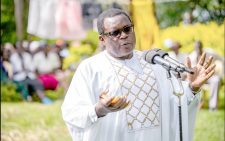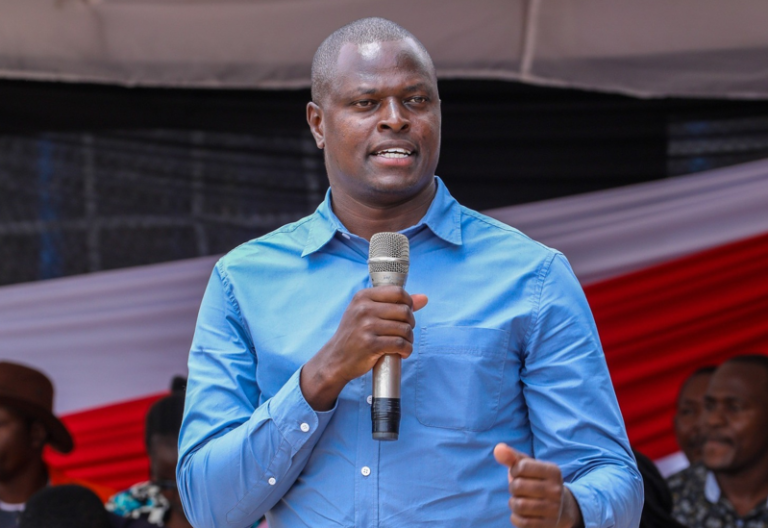Nairobi turns into safe haven for fleeing political dissidents
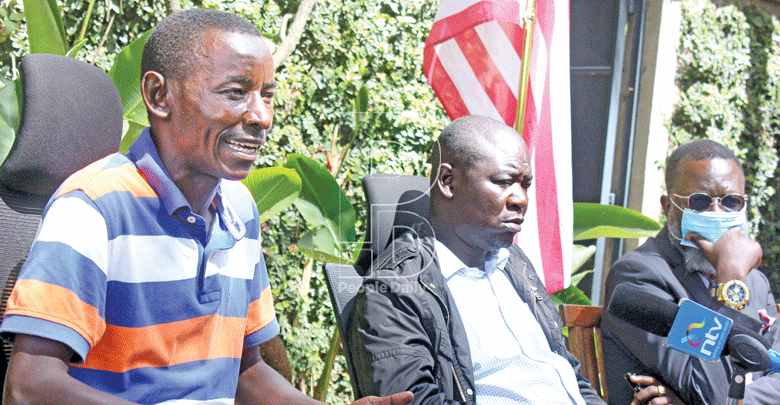
Eric Wainaina and Nyaboga Kiage
Nairobi is slowly emerging as a haven for victims of political victimisation in the East African region as the neighbouring countries heighten crackdown against perceived political dissidents.
Since September 2017 when Tanzania’s Opposition leader Tundu Lisu, a fierce critic of the late President John Pombe Magufuli was hospitalised in Nairobi for weeks after being shot 16 times, Kenya has continued to receive run-aways seeking asylum or in transit to overseas countries for safety.
Nairobi has since then hosted at least 10 asylum-seeking politicians and activists, who have cited threats to their lives in Tanzania, Uganda, Ethiopia, Malawi and South Africa where some presidents have been accused of running ruthless administrations. Six Opposition allied leaders arrived in Nairobi last week, through the porous Kenya-Tanzania border.
Godwin Lazaro Kitori, Ngai Mawida, Edward Ndege and Andrew Nyakriga of Chama cha Demokrasia na Maendeleo (Chadema) who are former councillors in Rorya District in Mara province and two other opposition figures, separately escaped from their home country for being targets by the government over their criticism and demands for accountability.
Their arrival came barely one month after Teshager Tsigab, an Ethiopian activist who claimed that he and his family have been targeted over their criticism of Prime Minister Abiy Ahmed-led federal government after it launched military offensive against Tigray People’s Liberation Front for control of the autonomous Tigray in a war that has caused at least 50,000 deaths.
Prof George Wajackoyah, an international human rights lawyer, who has been handling cases of Tanzanian and Ugandan leaders told People Daily that it was the first time in Kenya that the president has come out very strongly to uphold human rights by making the country a hub for human rights defenders running away from persecution.
“The President has adhered to the international human rights law by making our country a bastion of human rights, departing from the previous misconduct where asylum seekers would be repatriated to their home countries.
This is the first time in Africa that an African president has taken abuse of human rights head-on to make sure that he does not interfere with the rights of others.
It has been the prerogative of the previous regimes to return deserving asylum seekers,” Wajackoyah told People Daily.
This, Wajackoyah said, had raised the country’s index on human rights at the United Nations Commissioner for Refugees (UNHCR) and the United Nations Security Council where Kenya is a non-permanent member as well as the United Nations Human Rights Centre.
Foreign Affairs Principal Secretary Amb Macharia Kamau and Chief Administrative Secretary Ababu Namwamba, when contacted declined to comment on the new trend, which the former acknowledged, saying “it would be inappropriate for me to comment on this matter…non-Kenyans, such as the United Nations refugee organisations or members of the diplomatic corps in Nairobi, let them speak.”
Human rights concern
International human rights concerns in some countries in Africa, notably in Ethiopia, were a subject of discussion when US President Joe Biden telephone President Uhuru Kenyatta in his first official call to him last month, highlighting the crucial role the President has in upholding human rights and fostering regional peace and stability.
“The President affirmed the importance of the strong US-Kenya bilateral relations. He also emphasised the United States’ continued commitment to working closely with Kenya to support regional peace and security, including at the United Nations Security Council,” said a dispatch by White House dated February 25, 2021.
While President Uhuru has been credited with embracing dialogue with the Opposition, Ethopia’s Prime Minister Abiy, Uganda’s President Yoweri Museveni and the late Tanzanian president have been accused of crushing their opponents, leading humanitarian crises as a result of murders, imprisonments and mass exodus.
Last month, Teshager Tsigab, a lead legal team co-ordinator and executive member of Seb-Hidri Civil Society of Tigray which has been vocal against Abiy’s plot to take over Tigray in a war that has existed since November, arrived in Nairobi following fear of his life after military affiliated to the federal government took over his residence in Markell.
Teshager escaped his hometown to Nairobi via the country’s capital Addis Ababa aboard Kenya Airways after the situation deteriorated, adding that he is still living in fear because his family, which is now living in rental house, can be subject of attack by the forces, which has backup from Somalia and Eritrea.
“I came here because I fear for my life and I still feel that there is direct risk to my life, I was advocating for justice in Tigray and the rights of its people particularly because Tigray people held their own elections but the federal government has waged war.
The federal government has invited Somalia and Eritrea forces to help it,” Teshager told People Daily.
Weeks after the January 14, 2021- Uganda General Elections ended Ugandan activist Stella Nyanzi fled to Kenya where she is currently staying as she seeks political asylum and said that she was fleeing political persecution by Museveni’s regime.
The scholar, who was also accompanied by her children, crossed the Uganda-Kenya border “in disguise” to avoid detection by security agents.
“In many ways, I believe that my life was a lot safer inside Luzira Women’s Prison than it was in Kampala city.
Yes, I was tortured by wardresses at the prison to a point of miscarrying my baby, but I was safer inside that prison,” Nyanzi who arrived in Kenya on February 3, said.
On February 23, controversial Prophet Shepherd Bushiri’s, two daughters; Raphaella and Israella and his mother-in-law Esther Bushiri was on his way to Nairobi before Malawi blocked them from leaving Hastings Kamuzu International Airport.
However, they were later allowed to jet into the country leaving the prophet and his wife in Malawi.
Godbless Lema, who is a member of Chadema party had served in Parliament for two terms and his family members were granted political asylum days after staying in Kenya for a month before they left Nairobi for Canada on December 9, 2020.
The politician had initially been arrested in Ilbissil in Kajiado county but was freed following intervention of UNHCR and the Kenya Human Rights Council (KHRC).
